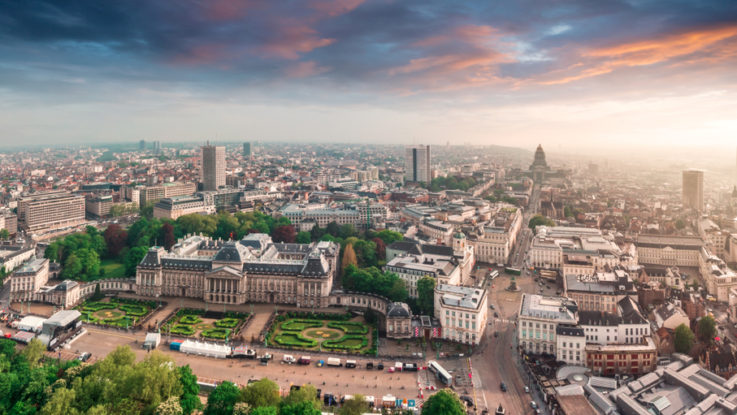
Brussels, Belgium has launched a citizen science project on air quality – CurieuzenAir – which will involve 3.000 citizens mapping the air quality levels across the Brussels-Capital Region. The project is part of the Brussels Clean Air Partnership – a collaboration between Bloomberg Philanthropies, the Brussels-Capital Region Government, and Brussels Environment.
During the first two weeks of June, participants are invited to register and receive a measuring kit. The measurements will take place during a four-week period beginning on September 25th of this year. The kits use diffusion tubes to measure nitrogen dioxide (NO2), which is an indicator for traffic-related pollution. The collected data will undergo strict quality control and be calibrated against the 11 permanent air quality stations of the Brussels Environment department. The air quality data will be collected under the guidance of scientists from the University of Antwerp, and the socio-economic analysis within the project will be directed by the Université Libre de Bruxelles.
Mapping the air quality levels at the 3000 different locations is important as the air quality differs strongly from one location to the next due to the “street canyon” effect. Heavily trafficked areas will generally have lower quality levels in comparison to open areas, such as parks. It is expected that CurieuzenAir will generate a unique dataset that provides insight into the exposure and health impacts of air pollution, and provide data that will help to better inform clean air policies.
“CurieuzenAir, the largest citizen science project in Europe, brings together citizens, researchers, government leaders, and low-cost technologies to monitor air quality throughout the city. Bloomberg Philanthropies is proud to collaborate with our partners in Brussels and hope this project sets an example that cities across the continent can draw on as they build a cleaner, healthier future,” stated Antha Williams, Global Head of Environment Programs at Bloomberg Philanthropies.